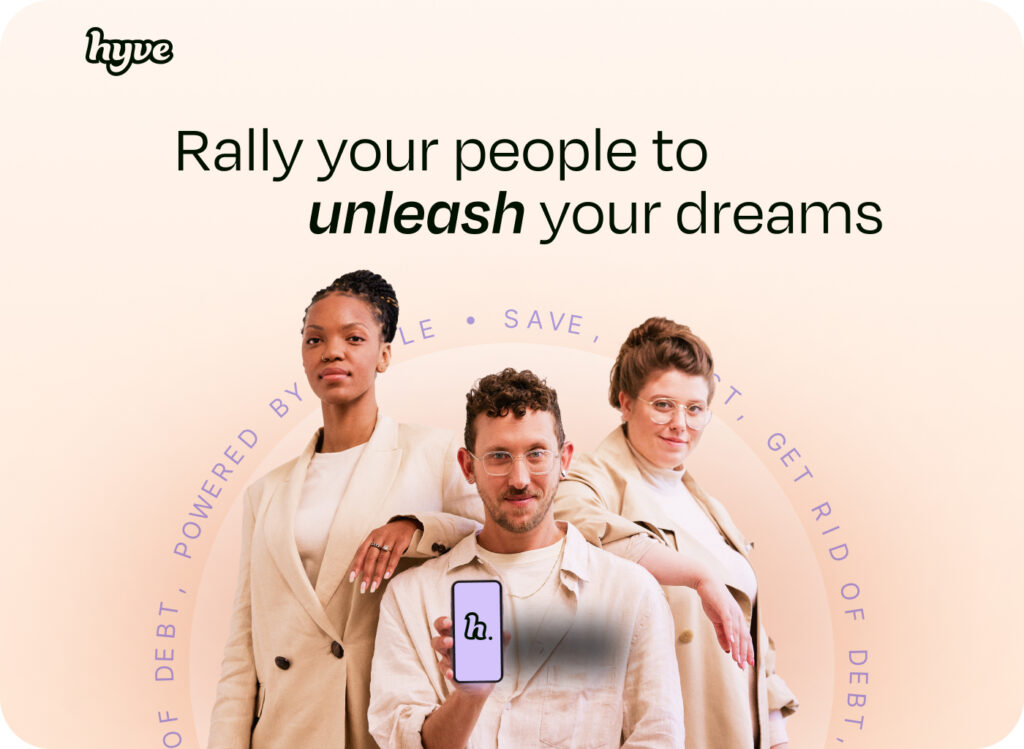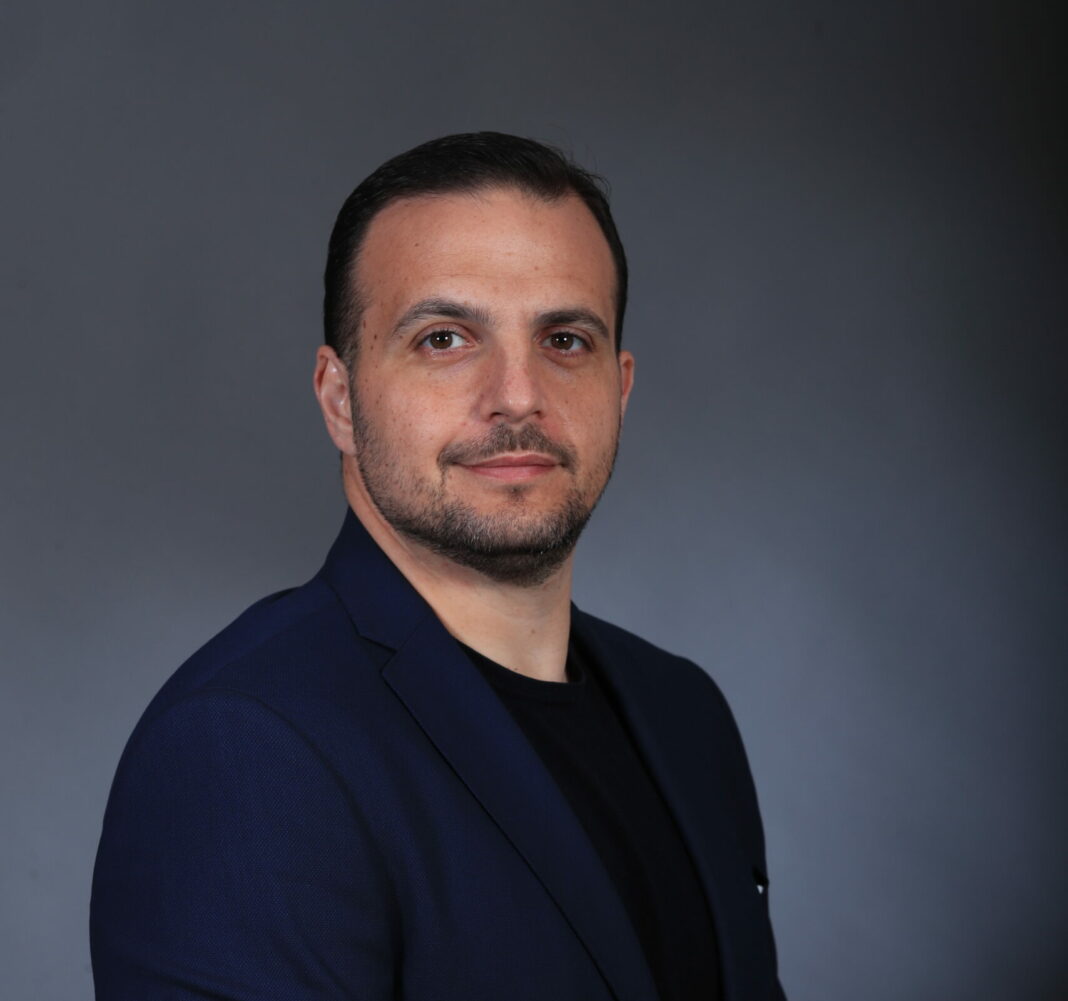Student debt is one of the largest financial catastrophes of the 21st century. According to statistics, a student graduating in 2022 will take an average of 20 years to pay off their student loans, while some professional graduates can take up to 45 years. This is a similar amount of time it would take for someone to pay off a mortgage living in the United States.
Most young people take on debt early on because it’s been normalised in society, plus it’s an easy route. The student loan borrowing process is as simple as an online application. If a student gets approved, they automatically receive upwards of $40,000. It’s also as easy to sign up for a credit card, especially with every bank trying to compete for the interests of consumers, through elaborate discounts, offers, and prizes.
The average debt of millennials has skyrocketed in the past five years. In 2015, the average millennial had $49,722 in total debt and today they have around $78,396 in total debt, which is up 58%. Debt tends to snowball because of the increased expenses that one naturally incurs with age, as well as the interest rates.
There hasn’t been a simple way to solve this debt problem at scale. This problem is what Royi Markowitz, founder of hyve, has been trying to tackle in the past year. Based in the booming startup sector of Israel, Royi founded and sold another Fintech venture before starting hyve. Since then, the hyve team has been working closely with individuals in their target market to create a fintech product that will help the average student, young professional, or new parent achieve financial freedom. The four core features of hyve are: Saving, investing, credit, and the network.
In this interview, we went into depth on Royi’s thoughts on debt, the democratization of financial education, and how he thinks Fintech will change the financial futures of this generation.
Interviewer: There’s a saying that America runs on debt. What are your personal thoughts on debt—Are there ways you think debt can be good as opposed to bad?
Royi: So to give you some context, I’ve worked a lot in debt. The previous company I founded which got acquired a year ago was based in the lending and credit space.
There are two types of debt. There’s debt that you take on to grow your wealth. An example of this is real estate. The second type of debt is personal which we take on every day using credit cards.
I would argue that most student debt is taken on without understanding the full implications of what it will mean to be a 21-year-old with $40,000+ in debt when you graduate with a bachelor’s degree.
At hyve, we’re tackling that exact problem: how to efficiently and quickly help post-grads get rid of student debt as fast as possible. We do this by making it easy for people to double down on paying off their student loans through easy refinancing, payment allocation, and inviting their community to support them along the way.
Interviewer: Financial education at scale is a tricky challenge— many companies and even governments have attempted this. What do you think will be the biggest differentiator for hyve?

Royi: Financial education is a very tricky thing. Studies have shown that your financial education has a very small influence on your financial decision-making process.
It’s difficult to ask adults to allocate time amidst their busy lives to learn something new. Instead, what we’re doing at hyve is teaching you through action. We don’t have courses or lessons. Our app’s UX is centered on what you should be doing and making the implementation process visible. For example, defining clear goals and following through on them.
When you input your personal information (age, profession, income, goals), hyve will automatically give you suggestions based on those metrics. Such as things you could be saving for and creating these as goals. The next benefit is that we show you what your savings could do if you started investing it.
That’s the education we’re giving you: instead of teaching you how the stock market or debt works, we show you
Interviewer: What’s your current marketing strategy?
Royi: One of the features of hyve that makes us a unique fintech platform is the network. We say that hyve is for people who dare to save/invest/build and want to transparently share their progress with others.
Our platform makes it easy for people to share their journeys of paying off their student loans or saving up for a new car. You can support them by either cheering them on or by contributing to their goals.
Because of this network effect, marketing this product can become widespread faster. We’re addressing the university market first, so forming partnerships with them gives us direct access to their vast population pool of students.
Interviewer: Can you talk about the data side of things with hyve?
Royi: The first thing we did was define our target audience: Gen Zs and Millennials ( 18 to 35-year-olds).
What we’ve done from day one is build hyve with our users and audience, side by side.
We’ve interviewed, demoed, and surveyed close to 750 people. The purpose was to refine exactly how we should do things. Gen Zs are young career builders, people who have just finished college or are in their last years of college and are thinking about their careers.
The other primary audience is Millennials— young families who are thinking of building a family, starting a business, or buying a house.
One thing that we saw in our interviews and surveys is that we always ask people, “If you have hyve right now in front of you, what would you save for?”
In the younger generation, it was always immediate experiences like a summer vacation or a new iPhone. As people get older, their priorities start to develop; they might be saving up for retirement or buying a home.
The great thing about hyve is that it’s there for you and for whatever dream you’re working toward. It’s 100% personalised depending on the data that you feed it, and you create with it whatever you want.
Interviewer: Have you run into any significant challenges during the process of building hyve? If so, how did you pivot or come to a resolution?
Royi: I have a lot of experience working with young people in the startup space, specifically, in Fintech.
What I always tell people is that when you get into FinTech, choose the government agency that will lead your compliance framework.
If you are an investment app, be SEC registered. If you’re a neo bank, have FDIC-insured accounts. That’s a whole compliance framework of its own.
One of the tough factors today in FinTech is compliance. It’s definitely doable, but you need to understand the essence of meeting compliance standards, and not letting that define your service or your product.
Interviewer: Although you’re a private company, you’re essentially running a public/social initiative. Do you see potential collaborations with the government? Or what are your ideal partners (besides VCs)?
Royi: One of the first things that we did at hyve was write our brand manifesto. It’s going to be available on the website soon, as we are just coming out of stealth mode now.
hyve is a multiplayer platform. You could use it as a single player; save and invest on your own. Or you can extend into the multiplayer layer, and add your family and friends to your network. Your family, friends, and close circle circles are what we’re tackling in version 1.0.
As a multiplayer platform, we’ve spoken to employers who want to use hyve as the platform to incentivize employees.
If you look at the data, you’ll discover that employers today have an incentive to help their employees be financially sound and help them build emergency funds. They’re looking for ways to help employees do that. hyve is the way to do that because the employer will just be added as another player in this multiplayer platform.
The next level is on the brand level. We’ve spoken to many significant brands and asked them the following question, “If my saving goal on hyve is to buy your product in a certain timeframe, are you going to sponsor my savings goal?
We got overwhelmingly positive responses. Brands see this as an opportunity to increase consumer loyalty. Eventually, we want to add brands to our multiplayer platform, as players that help you get there faster by contributing to your saving goals.
Interviewer: How did you come up with the concept of social accountability/ motivation for the app? Have you worked with any social psychologists or researchers on this app?
Royi: We spent a significant amount of time doing qualitative and quantitative research, with the help of a third party running a research program on these specific matters.
This brought to light social mechanisms and behavioral science factors which led to pretty amazing features on the product. We’re focused on gamifying the process to increase retention and engagement.
Furthermore, we’re adding an overarching feature in the app called real-world deposit. This means you don’t have to change much in your daily habits and routines to work towards your savings. For example, let’s say I’m a big Chicago Bulls fan. I can create a deposit rule for my savings or investing account, that every time the Bulls win a game, put aside $20. So when the Bulls win, you’re pretty happy and immediately you get a notification that says “Congratulations, the Bulls won, you just saved X amount!” This creates that positive psychological feedback loop with saving.
hyve will also be connectable to your smartwatch. You can set up a rule that for every mile you run, hyve sets aside a dollar.
Not only can you deposit based on your favorite team winning, but you can invite others to participate and contribute to your goals (ie. your mother can deposit into your goal of saving up for college tuition based on her own rules).
We’re creating a game economy within the platform. And the whole purpose is to get you to fulfill your dreams.
What’s your personal definition of success?
Royi: That’s a great question. My wife is probably one of the few people that knows me the best.. When we first started going out, she used to say, ” When can you just stop and smell the roses, and enjoy what you’ve earned?”
Today she says, “I know you. You will never stop. I’m not even going to ask you and I accept it.”
And to that, my definition of success is being able to do what I do today, forever. Not slowing down, but at the same time being more intentional about finding time and balance with my family.
Conclusion
There’s a great opportunity for FinTech to become the equaliser in society. Markowitz’s product addresses the more fundamental issue of how debt is perceived by the average person. Using data and behavioral science, hyve makes saving and investing towards your goals, both engaging and accessible.
